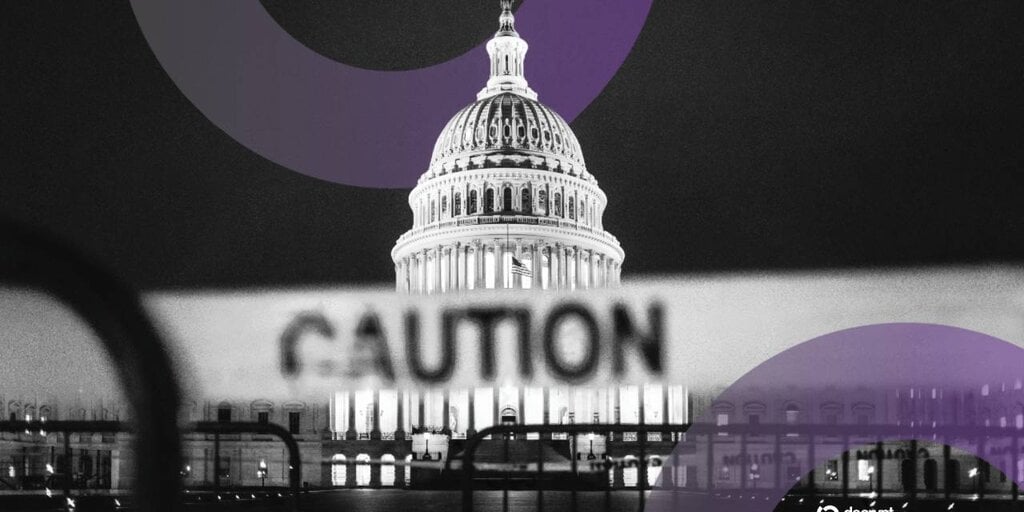Explore the ongoing political discourse around cryptocurrency regulation, highlighting partisan perspectives and its implications for the industry's future in the U.S.
Morning Minute: Crypto Caught in Middle of Democrat vs Republican Battle
Estimated Reading Time: 4 minutes
Understanding the Partisan Divide on Cryptocurrency
In the rapidly evolving world of digital assets, the United States finds itself at a crossroads as Democrats and Republicans lock horns over how to regulate cryptocurrencies. This ongoing tug-of-war isn’t just a political spectacle—it carries significant stakes for the future of blockchain and the broader financial landscape.
Contrasting Perspectives: Democrats vs Republicans
Democrats:
- Emphasis on consumer protection and cybersecurity concerns.
- Calls for regulating environmental impacts associated with cryptocurrency mining.
- Belief that blockchain and crypto have potential benefits but require stringent oversight to prevent fraud and instability.
Republicans:
- Advocate for a less restrictive regulatory approach to foster innovation.
- Focus on cryptocurrency’s role in economic growth and promoting financial freedom.
- Warn against overregulation, which could hamper the U.S.’s leadership in the global digital asset market.
Key Debates in Crypto Legislation
The ideological clash came to light during heated discussions in legislative committees addressing crypto-focused bills. Some of the critical issues under debate include:
- Taxation policies for digital assets.
- Regulations surrounding decentralized finance (DeFi).
- The potential introduction of central bank digital currencies (CBDCs).
The fundamental challenge lies in creating regulations that balance innovation with consumer trust and financial stability. The path forward is riddled with complexities, yet crucial for the sector's long-term success.
Industry Concerns and International Implications
Amid the political chaos, industry leaders and crypto enthusiasts are urging policymakers to collaborate and find middle ground. Prolonged disagreements risk driving innovation overseas to crypto-friendly jurisdictions such as Singapore or Switzerland, where frameworks are clearer and more welcoming.
“If the U.S. fails to effectively regulate crypto, it risks losing its competitive edge in the global race for digital asset innovation.”
The Bigger Picture
Experts argue that this bipartisan clash over cryptocurrency regulations is symptomatic of broader tensions within Washington’s political machinery. The ultimate question remains: Can the U.S. engineer sustainable regulations that encourage innovation without jeopardizing consumer safety and trust?
As lawmakers debate, international investors and stakeholders keenly watch the developments, knowing that the outcome will shape the future trajectory of the digital economy.
Stay tuned as this critical issue unfolds, further defining the role of cryptocurrencies in the fabric of the modern financial system.


